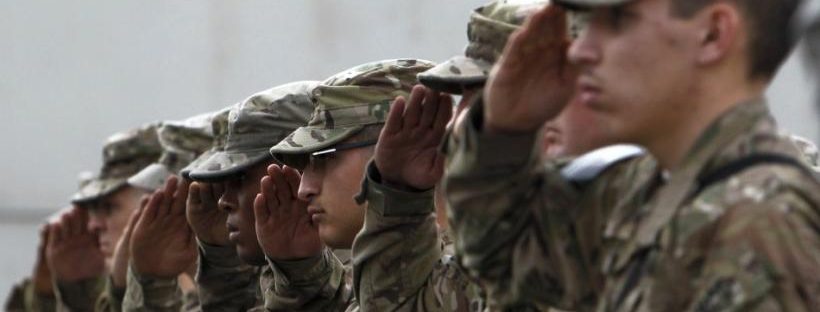As we begin to enter [...] fall, [charitable] organizations like churches, the Salvation Army, the United Way and the American Red Cross are beginning [to finalize] their plans to help the homeless in their communities [through the winter]. This is a tradition that Americans have repeated for decades. Most cities and government agencies are making … Continue reading Cold & Forgotten: How We Can Help the Homeless
Death of Honor
This month is full of celebrations honoring our military. May 1 is Loyalty Day, which started in the 1920s to counter the rise of communism. [...] May 8 is V-E Day (Victory-in-Europe Day), which commemorates the end of fighting in Europe during World War II. Military Spouse Day is also on May 8 this year, … Continue reading Death of Honor
The Homeless Need More Than Blankets
In this land of plenty and this land of opportunity, [more than] 600,000 Americans experience homelessness on any given night, [including] 138,000 [...] under the age of 18. According to the National Alliance to End Homelessness, the national rate of homeless persons is 19 [in every] 10,000 people, with the highest [rate] in Washington, D.C., … Continue reading The Homeless Need More Than Blankets
May No Soldier Go Unloved
This is the slogan used by the nonprofit, volunteer-led organization Soldiers Angels, [which assists] families of veterans and veterans deployed, wounded and moving back into society. These volunteers are mothers, fathers, brothers and sisters of soldiers, as well as regular Americans who know the sacrifices our military makes to keep all of us safe. For … Continue reading May No Soldier Go Unloved
DollarDays Joins Forces with Military Family Network to Help Soldiers’ Families, Returning Vets
DollarDays announced today that the premier Internet-based product wholesaler to small businesses and local distributors has partnered with the Military Family Network, a marketing firm specializing in communications with the military community, to bring a multifaceted support program for service members and families in the United States, as well as for veterans returning home from … Continue reading DollarDays Joins Forces with Military Family Network to Help Soldiers’ Families, Returning Vets
